Dilek Dizdar (Mainz - Germersheim)
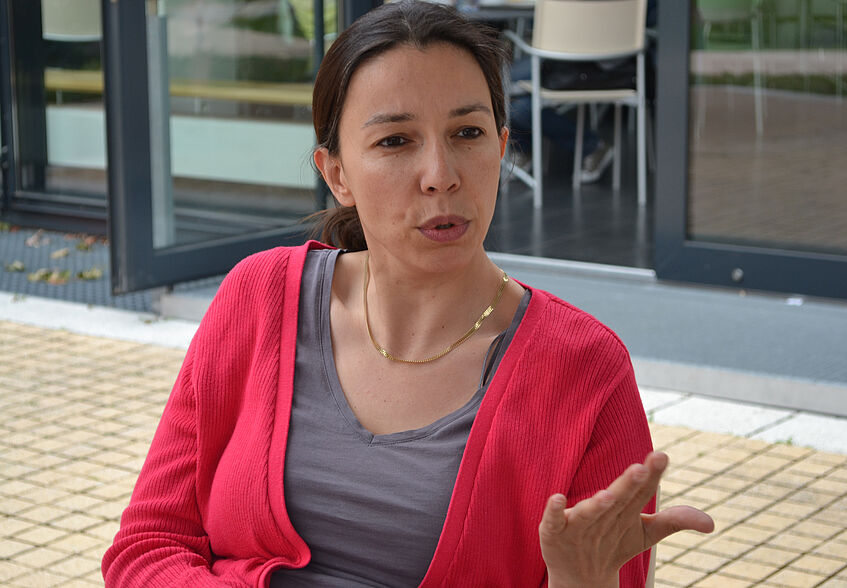
Dilek Dizdar (Mainz - Germersheim)
CV
Dilek Dizdar is professor of intercultural German studies and translation studies at Johannes Gutenberg University Mainz and deputy director of the interdisciplinary research platform the Centre for Intercultural Studies. She studied translation, interpreting and theoretical linguistics at Boğaziçi University of Istanbul and gained her doctorate from the Ruprecht Karls University of Heidelberg in 2006. Her research focuses on the areas of translation theory, deconstruction and translation, translation politics, migration and translation, and the role of translation and translation studies within arts and humanities. Due to her interest in promoting young researchers in translation studies, she has initiated two PhD research groups at the Faculty of Translation Studies, Cultural Studies and Linguistics in Germersheim. Currently she is head supervisor of the doctoral research group Politics of Translation and staff member of the CETRA Research Summer School at the University of Leuven. For her work in the area of translation studies, Dizdar was honoured by the Mainz Academy of Sciences and Literature with the Colloquia Academica prize in 2009. She is currently also a memberof the Gutenberg Research Council of Mainz University.
Ine Van linthout
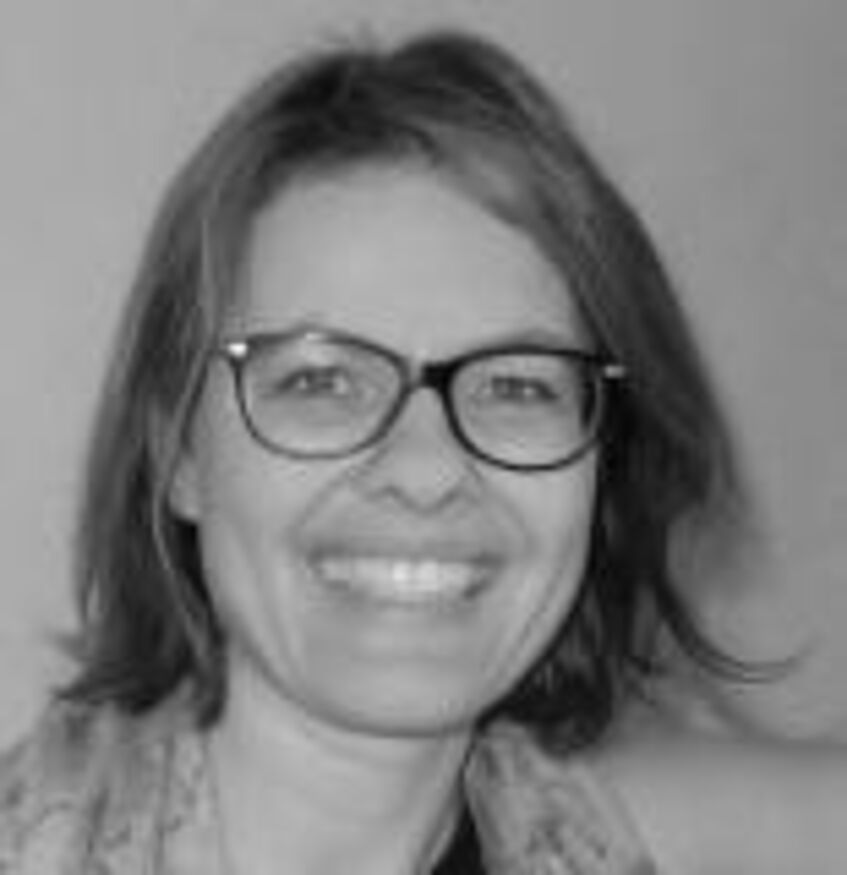
Ine Van linthout
Abstract
Starting from a case study on translation policy and practice in Nazi Germany, we will discuss methodological approaches (text-oriented, context-oriented, actor-centered) which can be fruitful for translation-historical research, especially with respect to periods of dictatorship and war. The session covers different aspects of translation, from the preliminary norms to the final product’s presentation and reception. The focus will be on the investigation of interdependencies between products, agents, institutional constraints, other factors of influence and the translation market. The session is designed to be interactive.
CV
Ine Van linthout is professor at Free University of Brussels and post doc researcher at Ghent University (Belgium) in the Department of Translation, Interpreting and Communication. Her PhD, which she obtained from the Humboldt University in Berlin and the University of Antwerp, was published by De Gruyter in 2012 under the title “Das Buch in der nationalsozialistischen Propagandapolitik”. Her main areas of research are translation history, translation studies, cultural transfer, propaganda studies, book history, national identity and image construction, National Socialism and discourse analysis. She cofounded and presides the German-Belgian cultural organisation dasKULTURforum Antwerpen, now an official partner of the Goethe-Institut. She is currently carrying out a research project on translation policy and practice regarding Flemish translated fiction in Nazi Germany.
Carsten Sinner (Leipzig)
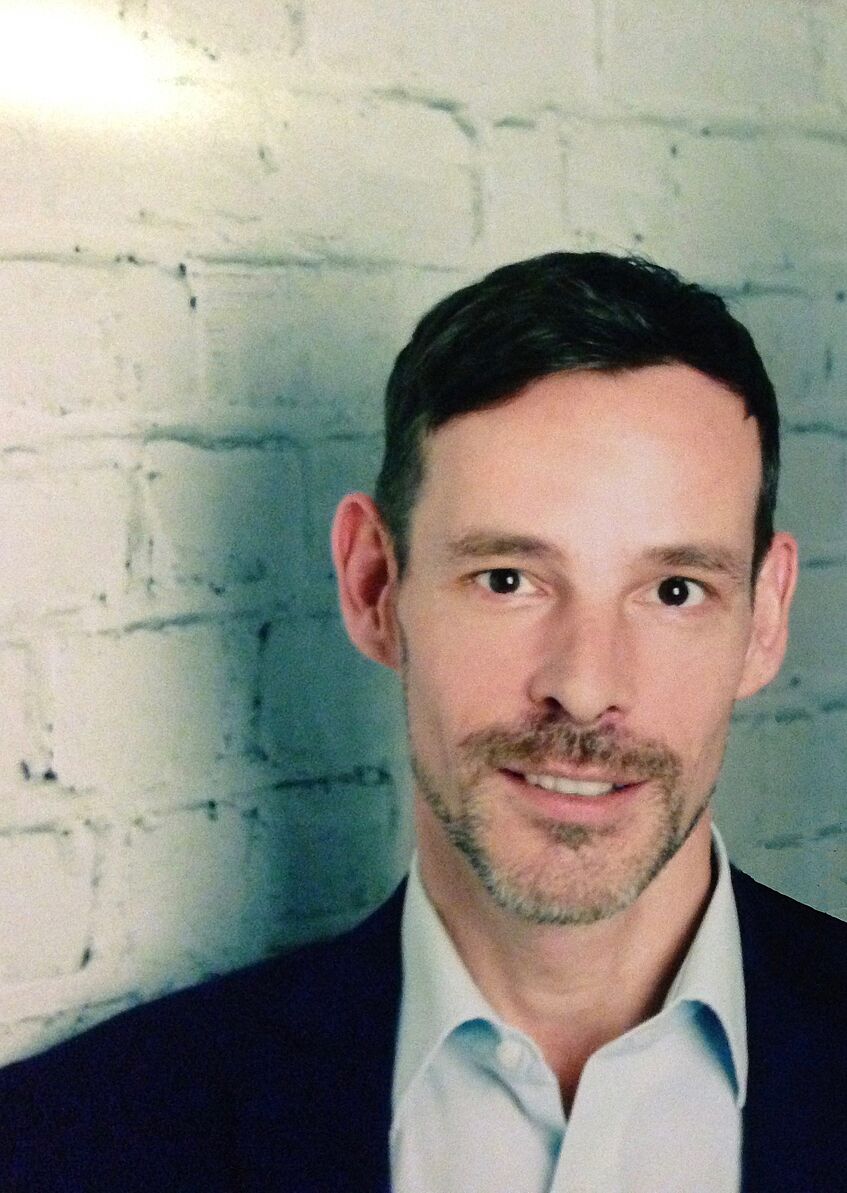
Foto: Urbschat/Berlin
Carsten Sinner (Leipzig)
On Oral history in Translatology
Abstract
In 2013, the Institute of Applied Linguistics und Translatology at Leipzig University set up a programme in order to carry out a research project on the history of translation and interpreting from a perspective which has mostly been disregarded by Translatology; the translators’ and interpreters’ own point of view. The Oral History project is located at the intersection of biography studies, historiography of translation and translatology, source critique and the digitalization of both theory/research and practice.
The course gives an overview of possibilities and limits of the Oral History approach and a short introduction into some of the techniques used in Oral History research.
CV
Carsten Sinner graduated in translation (Spanish, Portuguese) at Humboldt University (Berlin). PhD at Potsdam University on Spanish in Catalonia, Habilitation/Second book on Portuguese in the 18th and 19th century. He holds the chair of Applied Linguistics and Translatology (Ibero-Romance Languages) at Leipzig University and is also director of the Basque , Catalan, and Galician centres as well as of the Judeo-Spanish Research Centre at the same institution. His research focuses on contact linguistics, translation, mediation and the historiography of linguistics and translatology. Visiting professor at several universities, including the University of Havanna, Cuba, the University of Guadalajara, Mexico, the Catolic University of Temuco, Chile, and the University of Brasília, Brazil.
Among his recent publications are Varietätenlinguistik (Narr, Tübingen, 2014), “Sprachmittlung im universitären Übersetzungsunterricht” (Hispanorama 155 (2017), 4-10) and, together with Beatriz Morales, “Translatologische Perzeptionsstudien als Grundlage der Bestimmung gelungener Übersetzung” (Lebende Sprachen 60 (2015), 1, 111-123).
Michaela Wolf (Graz)
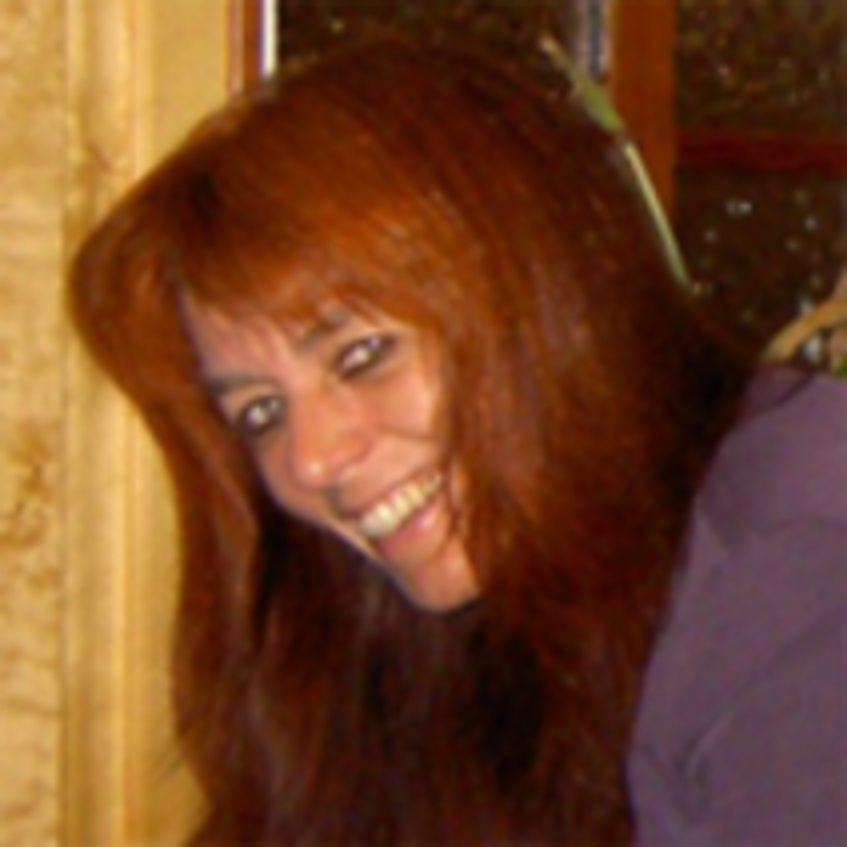
Michaela Wolf (Graz)
The Iconic Turn in Translation Studies
This session will discuss the conditions leading to and most important stages in the formation of the Iconic Turn in the Humanities. It will be shown that in Translation Studies, the Iconic Turn has not yet experienced the impact it deserves. Actually, in the context of translation and interpreting, analysing the interplay of image and text, as well as the intersections between image and (photograph) caption remains surprisingly under-researched.
To highlight the importance of developing approaches to the image from a translation and interpreting studies perspective I will present two distinctive research models: the grammar of visual design by Kress and van Leeuwen, and the dramaturgical model by Goffman. Thereby, my focus will be on the significance of photographs featuring interpreter figures in constrained and conflicted contexts, discussing the pictured interpreter inside a particular cultural and social system. This visual approach will be tested against several case studies.
Bionote
Michaela Wolf works at the Institute for Translation Studies at the University of Graz. Her research interests include sociology of translation, history of translation, translation and Visual Studies. Her book on the Habsburg monarchy's many-languaged soul: translating and interpreting, 1848 - 1918 (engl. transl. by Kate Sturge, 2015) was published in 2012. She has also conducted work on communication in Nazi concentration camps. She currently is carrying out a project on interpreting and translating within the International Brigades during the Spanish civil war (1936-1939).
Christopher Rundle (Bologna)
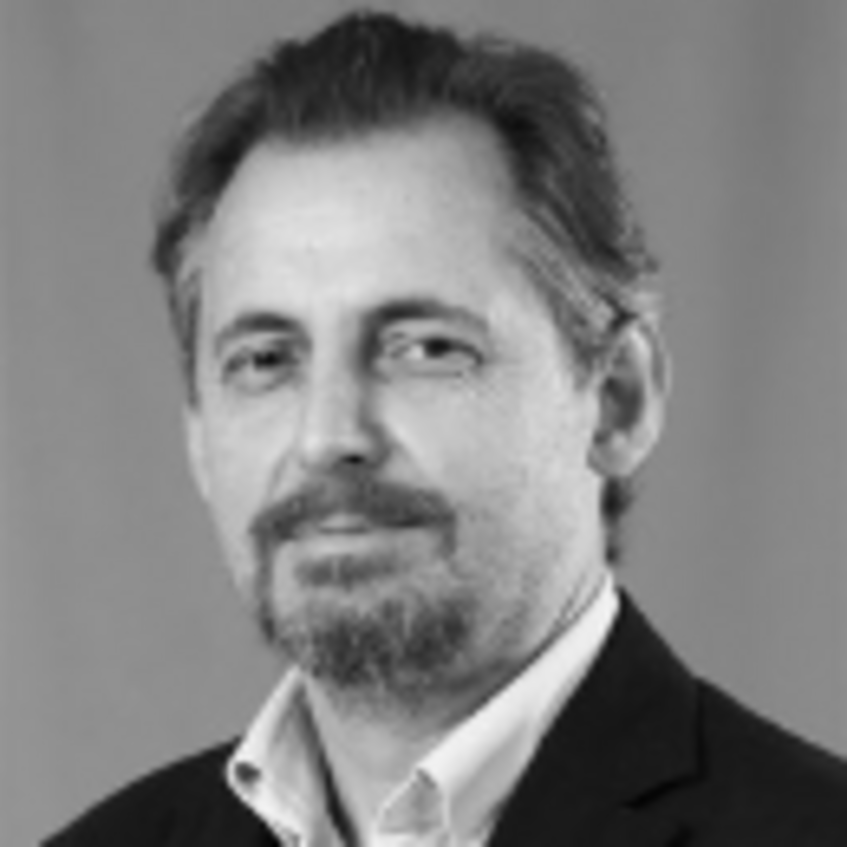
Christopher Rundle (Bologna)
Session 1: A Case Study on Translation Censorship in Fascist Italy
In this session I shall look at how censorship policy evolved during the Fascist regime and the factors the eventually induced the regime to adopt restrictions towards translations. This case study will serve as an example of my approach to conducting historical research on translation and will form the basis for the more theoretical discussion of the second session.
Session 2: Methodological and Theoretical Issues in Translation History
In this session I shall examine some of the methodological and theoretical issues raised by the case study of the first session, such as the way our sources condition our methods, the nature of the historical knowledge/insight we are seeking and how this is dependent on the way in which we frame our research and present it.
Biosketch
Christopher Rundle is a tenured researcher in Translation Studies at the Department of Interpreting and Translation of the University of Bologna, Italy. He is also Honorary Research Fellow in Translation and Italian Studies at the School of Arts, Languages and Cultures of the University of Manchester, UK. His main research interests lie in the history of translation, in particular translation and fascism. He is the author of the monograph Publishing Translations in Fascist Italy (Peter Lang, 2010), and co-editor with Kate Sturge of the volume Translation Under Fascism (Palgrave Macmillan, 2010). He is also the editor of the recent Special Issue of The Translator (Vol. 20 No.1, 2014) on Theories and Methodologies of Translation History. He is the editor of the forthcoming Routledge Handbook of Translation History, and co-editor with Federico Zanettin of the forthcoming Routledge Handbook of Translation Methodology. He is the coordinating editor of the online translation studies journal inTRAlinea.
